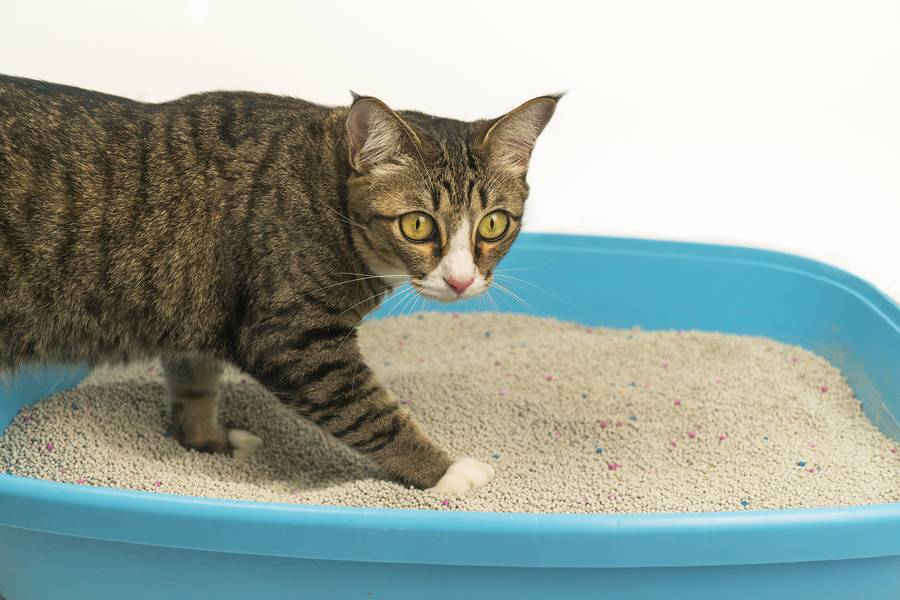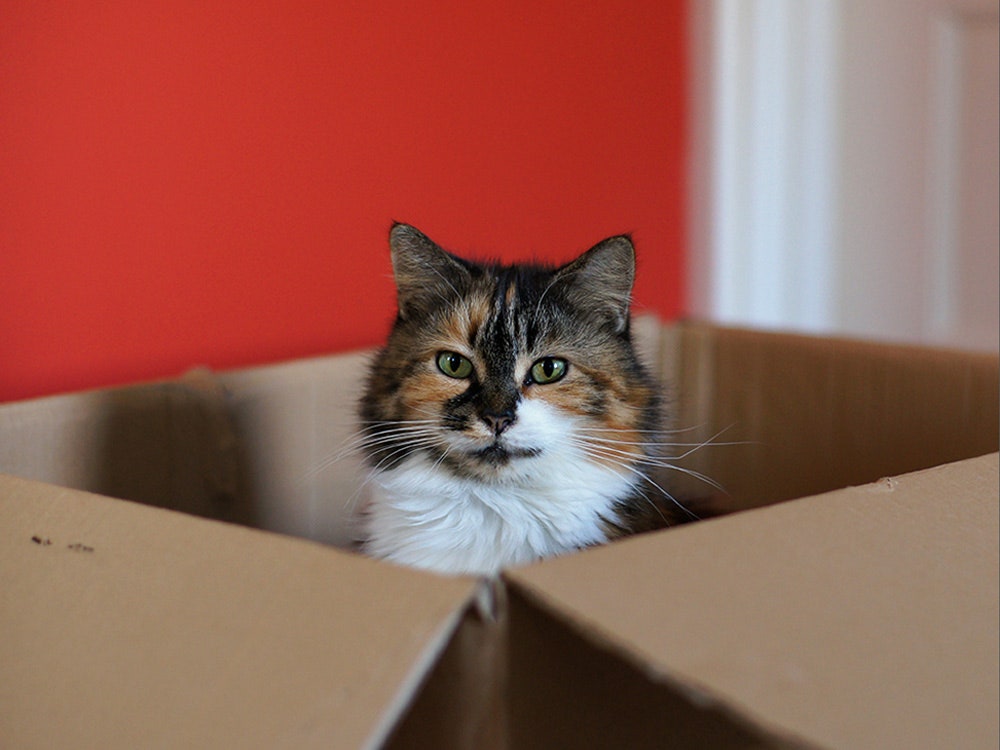Why doesn’t my cat cover his/her poop in the litter box?

The act of a cat not covering its poop in the litter box might concern or puzzle pet owners, but several theories rooted in feline instincts and environmental factors provide insights into why some cats might not cover their waste.
Cleanliness Instinct Variation
Cats are known for their cleanliness, but not all cats exhibit the same behavior in covering their poop. Dr. Mikel Delgado, a certified cat behavior consultant, explains that individual variation might play a role. Some cats might have a stronger or weaker instinct to cover their waste, while others might exhibit different behaviors due to their individual preferences.
Health-Related Issues
Changes in litter box behavior, including not covering poop, could sometimes be linked to health concerns. Dr. Nicholas Dodman, a veterinary behaviorist, suggests that cats might avoid covering their waste if they’re experiencing discomfort or pain associated with urination or defecation. Health issues such as arthritis, digestive problems, or litter box aversion might affect a cat’s behavior.
Environmental Stress or Anxiety
Stress or anxiety might lead a cat to skip covering its waste in the litter box. The environmental stressors such as changes in the household, new pets, or even a change in the litter type or box location might affect a cat’s litter box behavior. Cats might not cover their waste as a response to feeling anxious or insecure.
Territorial Marking
Some cats might choose not to cover their waste as a means of territorial marking. Cats have scent glands on their paws, and leaving waste uncovered could be a way of marking their territory within the home, particularly if they feel their territory is being threatened.
Litter Box Preferences
A cat’s choice not to cover poop might be related to dissatisfaction with the litter box or litter type. Dr. Ilona Rodan explains that cats might avoid covering their waste if they’re dissatisfied with the litter’s texture, depth, or cleanliness. Some cats have specific preferences for the litter box and might display this behavior if those preferences aren’t met.
While the behavior of not covering waste in the litter box might seem perplexing, it can stem from various factors such as individual variation, health concerns, environmental stress, territorial marking, or litter box preferences. Understanding a cat’s behavior and addressing possible triggers such as health issues or environmental stressors is crucial in managing this behavior.
For cat owners, observing changes in litter box behavior and providing a suitable, clean, and stress-free environment is essential to ensure a cat’s well-being and encourage appropriate litter box habits.
Uncovered Secrets: Why Cats Don’t Always Cover Their Poop










